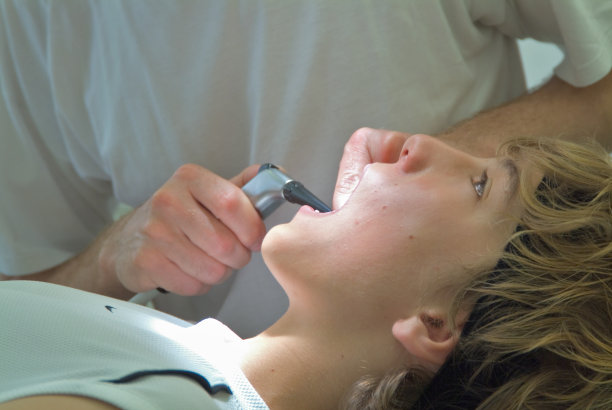Essential Precautions to Take Before Undergoing Root Canal Treatment for Optimal Oral Health Recovery
Summary: Undergoing root canal treatment is a necessary procedure that many patients may face to salvage a decayed tooth. However, to ensure optimal recovery and oral health, certain essential precautions must be taken beforehand. This article focuses on four key aspects: conducting a thorough dental examination, discussing medications and allergies, preparing mentally and physically, and following post-treatment care instructions. By addressing these vital areas, patients can significantly improve their chances of a successful procedure and a swift recovery, leading to better long-term oral health.
1. Conducting a Thorough Dental Examination

Before undergoing a root canal, it is imperative to have a detailed dental examination by a qualified professional. This evaluation allows the dentist to assess the extent of the tooth decay, the surrounding tissues, and the overall condition of the patients oral health. Comprehensive imaging, such as X-rays, can reveal hidden issues that might require attention prior to treatment.
A thorough dental examination helps the dentist determine if a root canal is indeed necessary or if alternative treatments could be more appropriate. This minimizes the risk of unnecessary procedures and improves patient confidence in the care they are receiving.
Moreover, addressing any existing oral hygiene issues, such as gum disease or untreated cavities, can set a solid foundation for a successful root canal treatment. Patients should ensure that their dental history is transparent with their dentist, as this can significantly influence the procedures outcomes.
2. Discussing Medications and Allergies
Another crucial precaution involves transparently discussing medications and any known allergies with the dentist. Informing your dentist about any current medications, specifically blood thinners or antibiotics, is vital as it could affect the treatment process and recovery stages.
Additionally, disclosing allergies, especially to local anesthetics or antibiotics, is essential to avoid adverse reactions during the procedure. The dentist may need to consider alternative medications or treatment approaches, depending on this information.
Patients should also inquire about any pre-treatment medications they may need to take to minimize infections or manage pain. Having this conversation ensures a personalized treatment plan that accommodates the patients unique health profile.
3. Preparing Mentally and Physically
Mental preparation for a root canal treatment can significantly impact a patients overall experience. Anxiety can hinder relaxation, making it essential for patients to mentally prepare themselves for the procedure. Engaging in deep breathing exercises or visualization techniques can ease this apprehension.
Additionally, physical preparation is equally vital. Patients are advised to eat a light meal before the appointment, as it can help maintain energy levels during the treatment. Staying hydrated is also essential, as this contributes to overall health and can assist in recovery post-procedure.
Patients should consider arranging a ride to and from the dental office, especially if sedation is used during the root canal. This ensures comfort and allows individuals to focus on their recovery rather than logistics on the day of the procedure.
4. Following Post-Treatment Care Instructions
Understanding post-treatment care is pivotal for optimal recovery after a root canal. Dentists typically provide specific instructions concerning pain management, dietary restrictions, and oral hygiene practices. Adhering to these guidelines can minimize complications and promote faster healing.
For instance, patients may be advised to avoid hard or crunchy foods for a certain period following the procedure. This precaution helps in safeguarding the tooth while it is still vulnerable following treatment and ensures a smooth recovery phase.
Regular follow-ups with the dentist are also crucial to monitor the healing process and prevent any potential infections. Keeping the lines of communication open with the dental care provider ensures that any concerns can be addressed promptly, enhancing overall recovery.
Summary:
In conclusion, taking essential precautions before undergoing a root canal treatment is pivotal for enhancing oral health recovery. By conducting a thorough dental examination, discussing medications and allergies, preparing mentally and physically, and following post-treatment care instructions, patients can significantly increase the likelihood of a successful procedure and recovery. These preventive measures not only minimize potential risks but also pave the way for improved long-term dental health.
This article is compiled by Vickong Dental and the content is for reference only.



